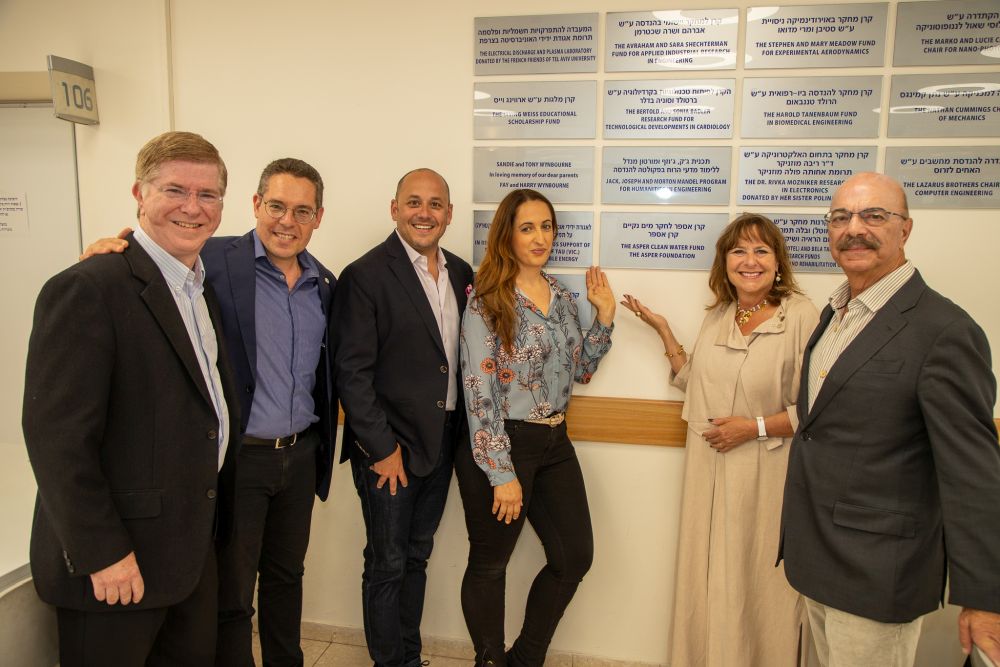Just like the famous line, “Water, water everywhere and not a drop to drink” in Samuel Taylor Coleridge’s poem, “The Rime of the Ancient Mariner,” water is all around us but is often not clean or safe enough to drink.
Poor countries around the world suffer especially from the lack of potable water; it is estimated that nearly two billion people lack access to it. The main barriers to addressing water problems in developing nations include poverty, costs of infrastructure and poor governance. The effects of climate change on the water cycle can make these problems worse.
Those who live in countries without clean water can fall sick, struggle to attend school regularly amidst regular trips to faraway water sources and battle poverty. Unsafe water has been blamed on the deaths of an estimated 800 children each day.
Within the United Nations’ 2030 Sustainable Development Goals is goal #6, “ensure availability and management of water and sanitation for all.” It is a shared effort to save lives now and drive progress moving forward. Together, governments, organizations, and communities are working to bring sustainable, safe drinking water to every person on the globe.
Although the world water crisis is in constant flux, these 10 countries have some of the most challenging water problems in the world today: Ethiopia, where 60% of the population lacks basic access to drinking water; Papua New Guinea where half of the population drinks surface water from ponds, lakes, rivers, swamps and springs and 87% of the population don’t have a toilet of their own; the Republic of Chad, where 61% of resident lack basic water access and two-third defecate in the streets; Uganda, where half of the population can’t collect gather safe drinking water in less than half an hour and have to go to a faraway community or across difficult terrain; the Democratic Republic of the Congo, where 57% lack basic access to water, and there is a big gap between the richest and poorest; Mozambique, where 45% is without basic access to water and 70% don’t have access to their own toilet; the United Republic of Tanzania, where 43% have no basic access to safe drinking water and 14% drink from surface water to survive; Somalia, where half lack access and have to walk a long distance to get some safe water; Pakistan, where only the wealthiest have access to handwashing with sap and later, resulting in widespread illness; and Nigeria, where seven out of 10 lack basic access to safe drinking water and a fifth use the outdoors as their toilet.
As the impact of climate change increases, warn the experts, water scarcity will affect nearly half the world’s population by 2025.
Now, Tel Aviv University (TAU) and the Canadian Friends of Tel Aviv University (CFTAU) have announced a $407,000 gift from the Asper Foundation, one of Canada’s largest private foundations. The funds will bolster the work of TAU’s Water Energy (WE) Lab to further develop technology that produces safe drinking water in the developing world.

Headed by Prof. Hadas Mamane of TAU’s Faculty of Engineering, the lab is among numerous research teams devising solutions to address global water scarcity, having developed a patented technology that uses LED lighting and solar energy to disinfect water. The laptop-sized device – called SoLED – operates without any chemicals or electricity to kill 99.9% of bacteria and viruses from water, making it cheaper and easier to use than existing solutions in remote areas.
The support of the foundation, a leading force in Jewish and general philanthropy in Israel and Canada, will enable Mamane and her team to further expand the capabilities of the technology and field-test the device. Their ultimate goal is to produce a scalable version that could be manufactured for mass distribution.
Gail Asper, president and trustee of the Asper Foundation, said: “My late parents, Israel and Babs, would be incredibly proud of this endeavor which will make such a positive impact on people’s lives. The research at Prof. Mamane’s Water-Energy Lab aligns with our foundation’s commitment to supporting entrepreneurial spirit and to creating a better world. We are excited to embark on this journey to advance innovative ideas and change lives.”
Tel Aviv University president Prof. Ariel Porat said that as Israel’s largest research university, “TAU places great importance on creating solutions to global challenges to the environment and society. We are thrilled to welcome the Asper Foundation as a partner and look forward to working with its team.”
Mamane concluded that the foundation’s gift “will accelerate our efforts to provide underserved populations with access to clean water – a basic human right and an endeavor that stands to save thousands of lives.”
The shortcode is missing a valid Donation Form ID attribute.



